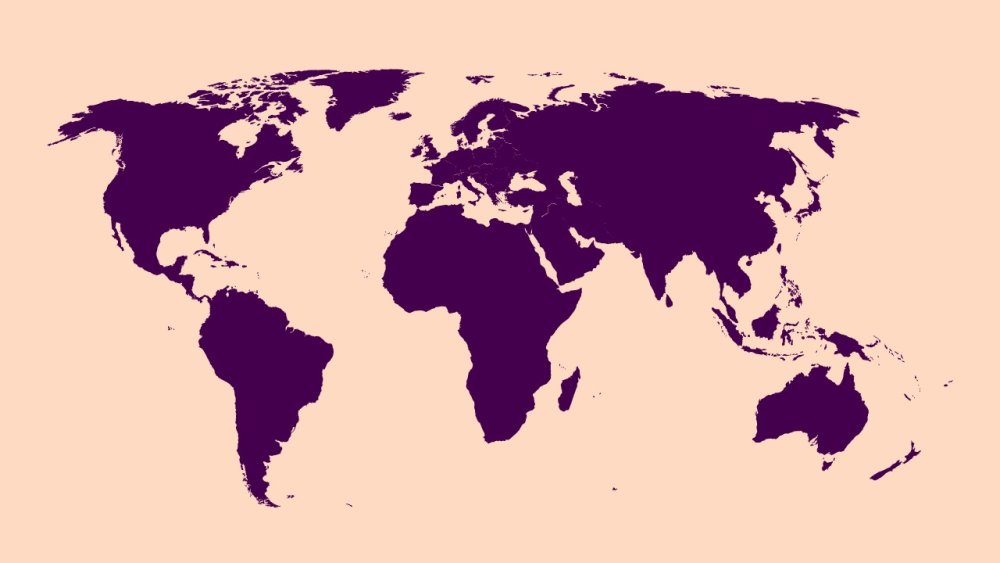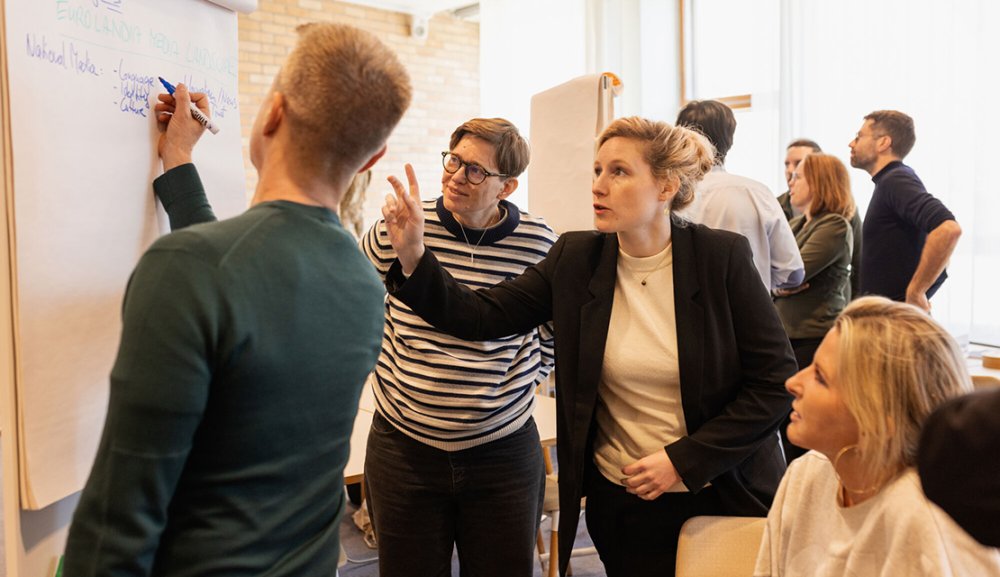Certificate in Advanced LCA Simulation
Fundamentals of Life Cycle Assessment Based on Process and Thermodynamics
A competitive Europe needs highly trained experts capable of addressing the constantly growing demand for raw materials. To that aim, it is necessary to have professionals trained in the most sustainable engineering techniques for the processing of raw materials.
Certificate in Advanced LCA Simulation contributes to the design of a circular economy by developing new designs and methodologies, improving resource efficiency, re-covering critical raw materials from current levels, and enhancing process design methodologies towards Zero Liquid Discharge of effluents and solid wastes. Additionally, the program focuses on the Ecodesign of batteries and the whole value chain from the perspective of circularity. The aim is to demonstrate the principles for more sustainable battery production, especially for the EU market.
The program consists of three modules, which can also be taken as standalone modules. To earn the Certificate in Advanced LCA Simulation, participants must complete all three modules. You may choose to register for one or more of the modules that are relevant to your learning needs. See the contents and schedule of the modules here.
Learning outcomes
This program equips professionals with foundational knowledge of Life Cycle Assessment (LCA) and process modeling, focusing on sustainability in industrial contexts. Through HSC software, participants will explore LCA principles, process simulations, and environmental impact assessment tools to support circularity and informed decision-making.
After completing the full program, you will be able to
-
Understand the fundamentals of life cycle assessment (LCA) and its role in evaluating industrial sustainability
-
Recognize key principles of circularity and sustainability in product and process design
-
Gain familiarity with HSC software for basic process modeling and equilibrium calculations
-
Identify environmental impact factors in industrial processes using modeling tools
-
Explore ways to improve resource efficiency through process simulations and sustainability principles
For
The training is designed for professionals in the process industry, battery and electronic equipment manufacturing, and related fields. It is particularly well-suited for those with backgrounds in chemical engineering, metallurgical engineering, environmental engineering, chemistry, and materials science. The program is also beneficial for doctoral students specializing in these topics.
Prerequisites: Participants should have a basic understanding of metallurgy, materials science, or chemistry. Familiarity with mass and energy balances, unit operations, unit processes, chemical reactions, material science, and sustainability is beneficial but not required.
The program is ideal for professionals working in:
-
Process and product design
-
Consulting enterprises and public administration in the EU
-
Process or product R&D
-
Production and environmental management
Example participants include
- Process engineers
- Experts in modeling and simulations
- Environmental footprint analysts in production plants
- Sustainability assessment professionals
- Process technology providers
- Engineering companies designing process plants
Contents and Schedule
The program combines live online sessions, reflection assignments, and quizzes to support learning. Participants will explore key topics through real-world company cases and supplementary materials that help apply and deepen their understanding. A digital learning environment will be used to support the learning experience.
The program consists of three modules, which can also be taken as standalone modules. To earn the Certificate in Advanced LCA Simulation, participants must complete all three modules. You may choose to register for one or more of the modules that are relevant to your learning needs.
The program covers the following themes:
-
Life Cycle Assessment Basics
-
Introduction to HSC Chemistry
-
HSC Sim and Flowsheet Simulation
-
Chemical Thermodynamics for Industrial Processes
-
Solubility in Aqueous Systems
-
Thermodynamic Modeling with Chemsheet
-
Water Footprint in Ore Processing (WFN Approach)
-
Water Footprint – AWARE Method
-
Lithium Battery Materials and Functionality
-
Future Trends in Battery Materials
-
Raw Material Resource Implications
-
Environmental Footprint of Battery Materials
Modules
Developed in Collaboration with Research Institutions and Industry
The program was originally designed and developed by Aalto University, Metso, TU Bergakademie Freiberg, University of Bordeaux, Wroclaw University of Science and Technology, Technical Research Centre of Finland Ltd. VTT and Aalto University Executive Education.
The program supports the EU’s sustainable products initiative to make products placed on the EU market more sustainable. It provides product designers with knowledge and tools to understand how they can adjust existing material cycles and design new processes to optimize the environmental performance of batteries while maintaining their functional quality. Applications include electronic equipment such as computers, phones, and tablets, the automotive and aeronautic sectors, and sustainable energy-related technologies.
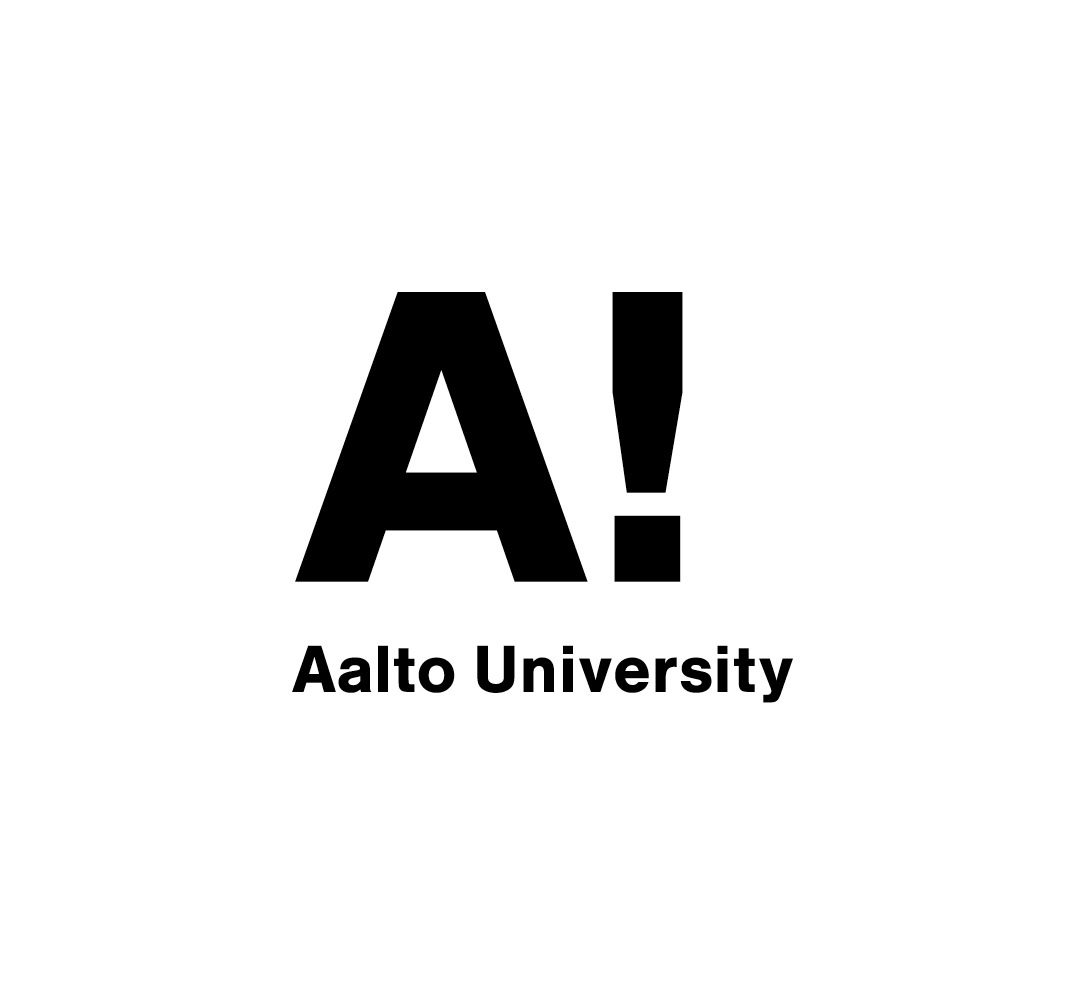
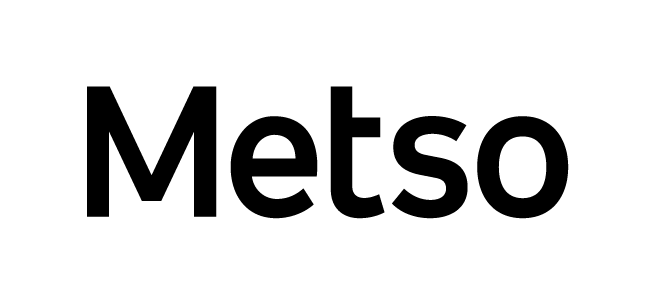
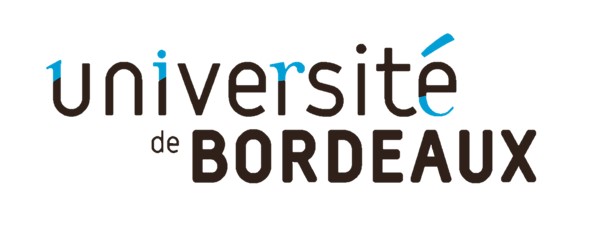

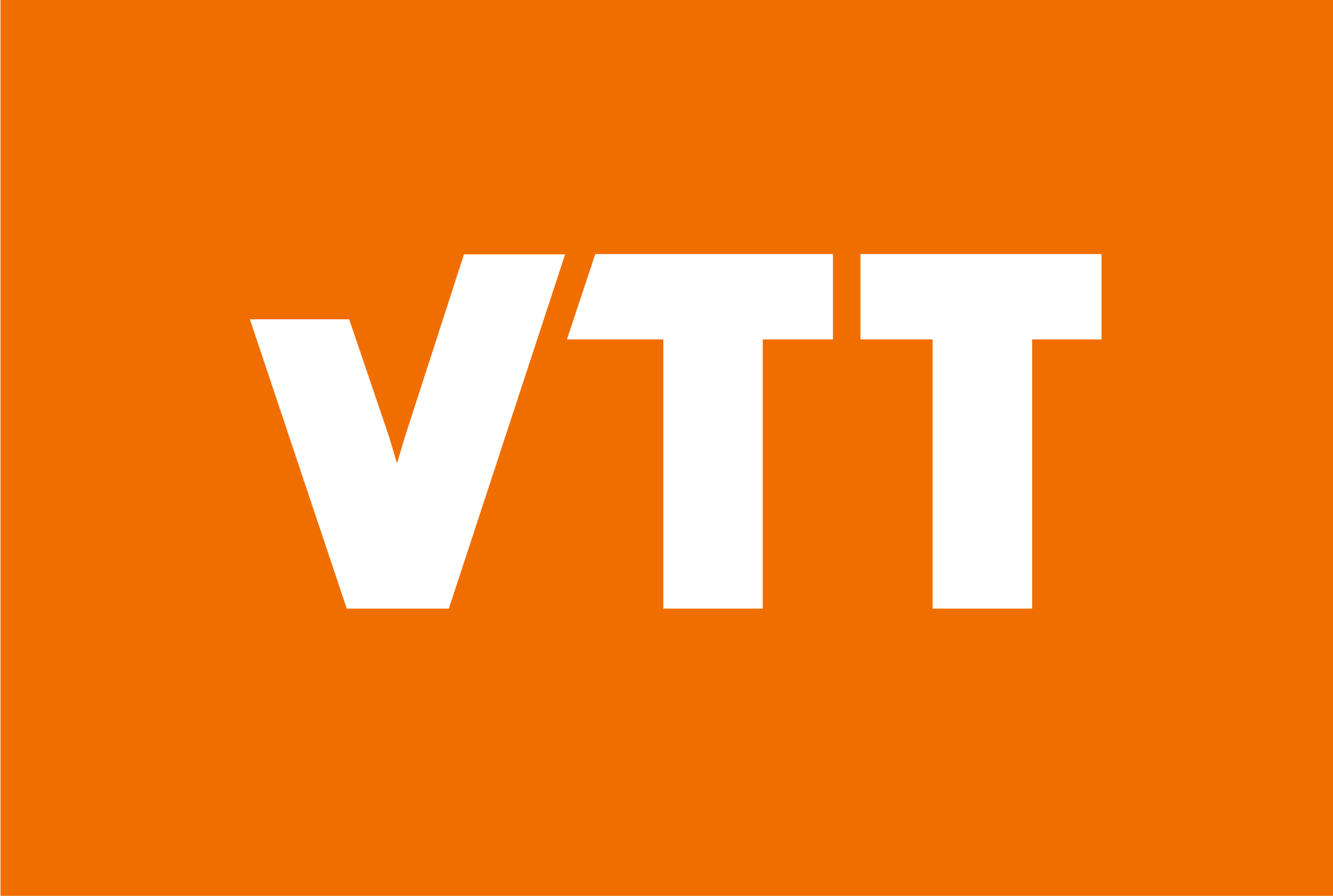
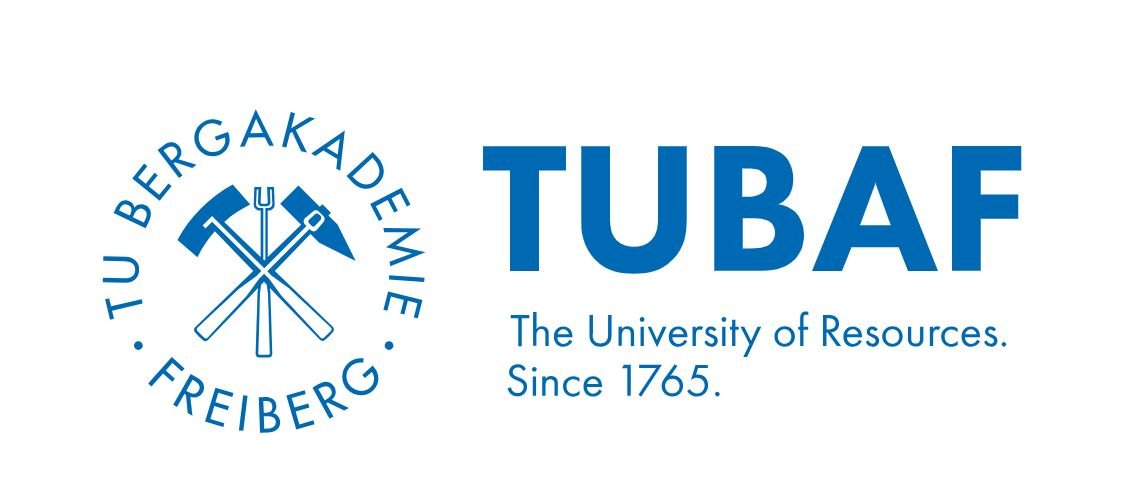
Can I complete the full program online?
Yes, it is possible to complete the entire program online.
What happens if I miss a session?
In case you are unable to attend a session, please inform the program team beforehand. You will be provided with a recording or other compensatory materials.
Are there any prerequisites to join the program?
Participants should have basic knowledge of metallurgy, materials science, or chemistry. An understanding of mass and energy balances, unit operations, unit processes, chemical reactions, material science, and sustainability is beneficial.
If you are unsure whether the program is right for you, please contact us to discuss further
Program Fee and Registration
Standalone Modules
The following modules can also be taken as standalone modules. You may choose to register for one or more of the modules below that are relevant to your learning needs.
September 16 - October 1, 2025

Schedule September 16 - October 1, 2025
Location Live Online
The process industry covers energy-intensive sectors like chemicals, metallurgy, steel, minerals, cement, ceramics, engineering, pulp and paper, refining, and water. The process industry also has a key role in recycling because the same chemical and metallurgical processes and infrastructure, which have been developed for the primary ores and raw materials, may also be utilized to recycle waste materials from the consumption of the manufacturing industry products.
Fee: € 1,350 (+ VAT)
January 28 – February 24, 2026

Schedule January 28 – February 24, 2026
Location Live Online
This upskilling program concentrates on low-temperature thermodynamics, focusing on water solution chemistry and water footprint, as well as high-temperature thermodynamics in pyrometallurgy and inorganic process chemistry. Throughout the program, participants will be immersed in cutting-edge insights sourced from both academic research and industrial expertise.
Fee: € 950 (+ VAT)
March 10 – 31, 2026

The learning objectives are to reduce the overall life-cycle climate and environmental footprint of the products, to achieve longer product lifetimes via more durable and reparable products, to increase circular material use rate, to reduce waste, and to achieve higher recycling rates. Hence, consumers, the environment, and the climate will benefit from more durable, reusable, repairable, recyclable, and energy-efficient products.
Fee: € 650 (+ VAT)
